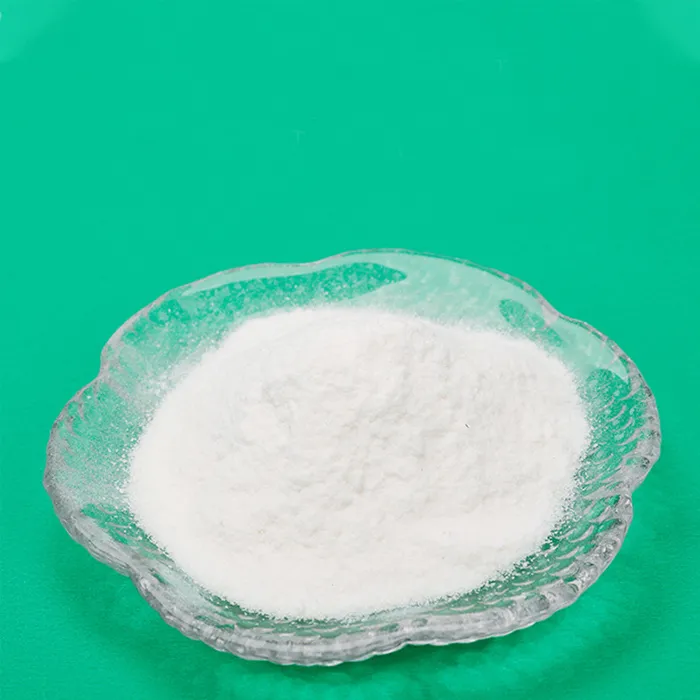Chemicals Used in Cooling Tower Water Treatment
Cooling towers play a critical role in maintaining the efficiency of industrial processes and HVAC systems by dissipating heat from equipment into the atmosphere. However, the water in these cooling systems is prone to various problems, including scaling, corrosion, microbiological growth, and deposition of organic and inorganic materials. To mitigate these issues, chemical treatments are employed to enhance water quality and ensure the efficient operation of cooling towers. This article delves into the various chemicals used in cooling tower water treatment, their purpose, and the benefits they offer.
1. Biocides
Biocides are essential in controlling microbial growth in cooling tower water, which can lead to biofilm formation, fouling, and even Legionella contamination. Common biocides used in cooling water treatment include chlorine, bromine, and specific non-oxidizing biocides like quaternary ammonium compounds (quats) and isothiazolinones.
- Chlorine is widely used due to its effectiveness and relative low cost. It can be added in various forms such as chlorine gas, sodium hypochlorite, or calcium hypochlorite. - Bromine is preferred in some systems because it remains effective at higher temperatures. - Non-oxidizing biocides are used to offer longer-lasting protection against microbial growth, particularly in situations where residual chlorine can be depleted quickly.
2. Corrosion Inhibitors
Corrosion is a significant concern in cooling towers, as it can cause deterioration of metal components, leading to costly repairs and downtime. Corrosion inhibitors are added to the cooling water to form a protective film on metal surfaces, thus minimizing corrosion rates. Common types include
- Phosphates These compounds are often used due to their ability to inhibit corrosion in a wide range of water chemistries. They help form a stable layer on metal surfaces. - Organic inhibitors These often contain compounds such as azoles (e.g., benzotriazole), which are effective in preventing the corrosion of copper and its alloys. - Nitrites Commonly used in systems containing ferrous metals, nitrites can efficiently inhibit corrosion by forming protective oxide layers.
chemicals used in cooling tower water treatment

Scale formation can impede heat transfer efficiency, reducing the overall effectiveness of the cooling tower. Scale inhibitors are chemicals used to prevent the crystallization of minerals, such as calcium carbonate and silica, which can lead to scale buildup. Popular scale control agents include
- Polyphosphates These compounds effectively inhibit scale formation by sequestering metal ions in the water. - Organic scale inhibitors Such as polyacrylic acid and phosphonates, these are particularly important in systems with high mineral content. They interfere with crystal growth, keeping the minerals in solution.
4. pH Adjusters
Maintaining the proper pH level in cooling water is crucial for the effectiveness of biocides, corrosion inhibitors, and scale inhibitors. Chemicals such as
- Sodium hydroxide (caustic soda) or sodium carbonate can be added to raise pH levels, while sulfuric acid or hydrochloric acid can be used to lower pH. The ideal pH range for cooling water typically falls between 7.0 and 8.5.
5. Defoamers
Foaming can reduce the effectiveness of cooling towers by preventing proper heat transfer and promoting the carryover of water droplets into the atmosphere. Defoamers are chemical agents that reduce surface tension, helping to control and eliminate foam problems. Various silicone-based and non-silicone-based defoamers are available, and the choice depends on specific system requirements and environmental considerations.
Conclusion
The treatment of cooling tower water is essential for the efficient and safe operation of industrial systems. The use of various chemicals, including biocides, corrosion inhibitors, scale inhibitors, pH adjusters, and defoamers, plays a vital role in enhancing water quality and preventing operational issues. A well-designed water treatment program not only ensures the longevity of cooling tower systems but also contributes to energy efficiency, reducing operational costs and environmental impact. As technologies evolve, the focus on sustainable and environmentally friendly chemical treatments will become increasingly important in the field of cooling water management.

